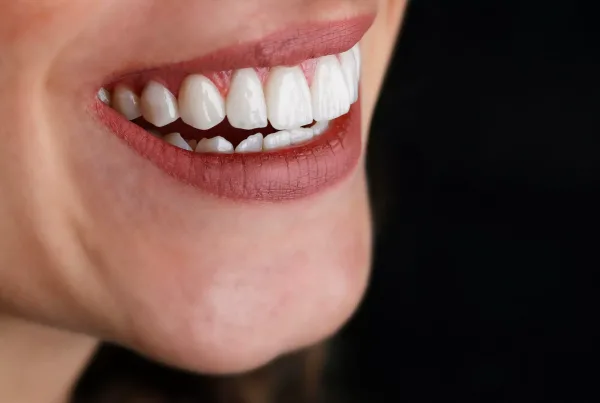A sinus lift, also known as sinus augmentation or sinus elevation, is a surgical procedure performed to increase the bone height in the upper jaw’s posterior region. It is often necessary for patients who want to receive dental implants in the back of their upper jaw but have insufficient bone due to the presence of the maxillary sinus.
Like any surgical procedure, a sinus lift carries certain risks and potential complications. It is essential for patients to be aware of these risks and discuss them thoroughly with their dentist or oral surgeon before proceeding with the surgery. Some of the risks of having a sinus lift include:
- Infection: As with any surgical procedure, there is a risk of infection at the surgical site. Your oral surgeon will prescribe antibiotics and provide instructions on how to minimize this risk.
- Sinus Complications: During the sinus lift, the maxillary sinus membrane is lifted to make room for the bone graft. In some cases, the sinus membrane may be perforated, leading to sinus complications such as sinusitis or a sinus infection. These complications are relatively rare and can usually be managed with appropriate medical treatment.
- Graft Failure: In some cases, the bone graft used to lift the sinus may not integrate properly with the existing bone, leading to graft failure. If this occurs, additional surgery may be required to address the issue.
- Swelling and Discomfort: It is common to experience swelling, bruising, and discomfort after the sinus lift surgery. These symptoms are usually temporary and can be managed with pain medications and cold compresses.
- Nerve Damage: There is a risk of temporary or permanent nerve damage in the area surrounding the surgical site. This may result in numbness or tingling sensations in the lips, cheeks, or gums. In most cases, nerve damage is temporary and resolves on its own, but in rare instances, it may be permanent.
- Bleeding: Some bleeding is expected during and after the surgery. While excessive bleeding is rare, it can occur in certain cases and may require further intervention.
- Allergic Reaction: Some individuals may have an allergic reaction to the bone graft material used in the sinus lift procedure. If you have any known allergies, be sure to inform your oral surgeon beforehand.
It’s important to choose an experienced and qualified oral surgeon to perform the sinus lift procedure. They will thoroughly assess your medical history, perform a comprehensive examination, and discuss the potential risks and benefits of the surgery with you before proceeding. By understanding the risks and following your surgeon’s post-operative instructions, you can help minimize potential complications and ensure a successful sinus lift procedure.





